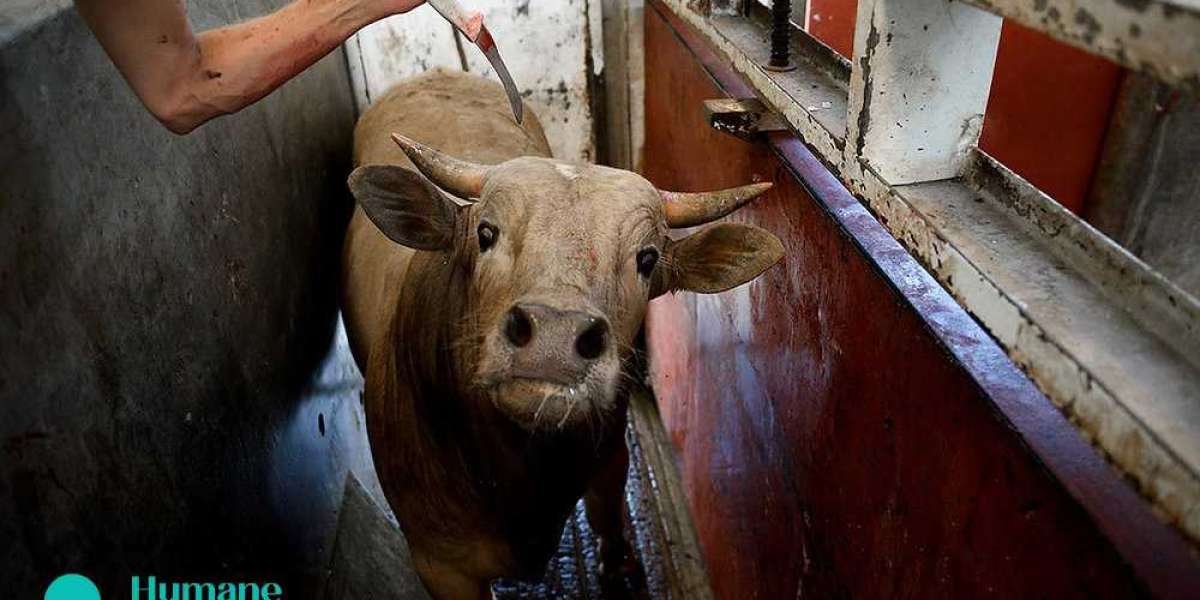Organic dairy cruelty has become a topic of concern among consumers seeking ethically produced dairy products that prioritize animal welfare. This term encompasses the ethical dilemmas and welfare issues surrounding the production of milk and dairy products from organically certified farms, where the welfare of dairy cows is expected to be prioritized.
The concept of organic dairy crueltychallenges the perception that organic farming inherently guarantees better treatment of dairy cows. While organic certification standards mandate certain practices such as access to pasture and restrictions on synthetic chemicals, ethical concerns regarding dairy cow welfare persist within organic dairy operations.
One of the primary ethical issues in organic dairy crueltyrelates to the management of dairy cows. Despite organic standards requiring access to pasture, the quality and duration of outdoor grazing can vary among farms. In some cases, dairy cows may have limited access to pasture or face overcrowding in outdoor areas, which can compromise their well-being and natural behaviors.
The confinement of dairy cows in organic dairy crueltysystems also raises ethical questions. While organic regulations stipulate certain space requirements and housing conditions, confinement practices such as tie stalls or overcrowded barns can restrict the movement and comfort of dairy cows. Confinement can lead to physical discomfort, stress-related behaviors, and health issues among cows, affecting their overall welfare.
Health and reproductive issues among dairy cows in organic dairy crueltyoperations are another area of concern. While organic farming prohibits the routine use of antibiotics and hormones, cows may still experience health challenges related to inadequate nutrition, stress, and environmental conditions. The management of reproductive cycles and breeding practices can also impact the welfare and longevity of dairy cows within organic dairy systems.
Environmental sustainability is a cornerstone of organic dairy crueltydiscussions. While organic farming aims to minimize synthetic inputs and reduce environmental impact, challenges such as resource-intensive practices and greenhouse gas emissions from dairy production remain. Balancing the environmental benefits of organic farming with ethical considerations for dairy cow welfare requires ongoing innovation and adaptation within the dairy industry.
Efforts to address organic dairy crueltyinclude promoting transparency in farming practices, advocating for improved animal welfare standards, and supporting certifications that prioritize both environmental stewardship and animal welfare. Certifications such as Certified Organic and Animal Welfare Approved provide consumers with assurance that dairy products come from farms committed to ethical treatment of animals and sustainable farming practices.
Consumer awareness and education play crucial roles in influencing the dairy industry towards more ethical practices. By choosing dairy products from farms that prioritize animal welfare and supporting initiatives that promote transparency and accountability, consumers can drive demand for ethically produced organic dairy products. Engaging in dialogue about the ethical implications of dairy farming and advocating for policies that prioritize animal welfare can further promote positive change within the industry.
In conclusion, organic dairy cruelty highlights the complex intersection of ethical considerations, animal welfare, and environmental sustainability within organic dairy farming. By promoting holistic farming practices, supporting initiatives that prioritize dairy cow welfare, and advocating for transparency and accountability in dairy production, we can work towards a future where organic dairy farming aligns with ethical standards and sustainable practices for the benefit of animals, consumers, and the environment.













